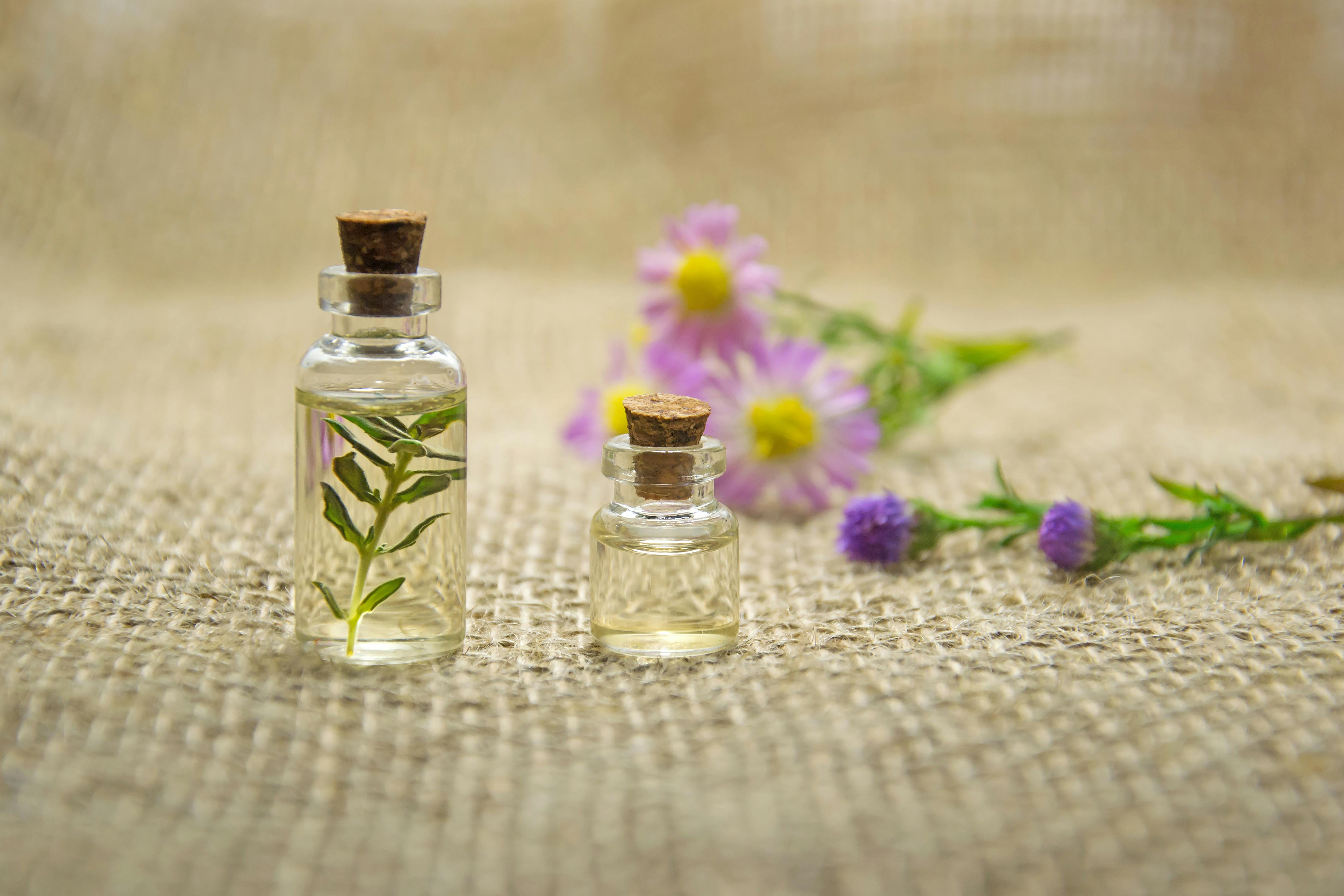The Power of Natural Ingredients in Beauty and Skincare
The use of natural ingredients in beauty and skincare is not a new phenomenon. For centuries, societies across the world have harnessed the power of nature to nourish, heal, and beautify the skin. From the ancient Egyptians who used honey for its antibacterial properties to the Greeks who recognized the moisturizing effects of olive oil, the benefits of natural elements have been deeply ingrained in beauty rituals across cultures. Today, as the beauty industry rapidly evolves, there is a renewed emphasis on the use of natural ingredients. This shift is driven by increasing consumer awareness about the potential harms of synthetic chemicals, and a growing preference for products that are sustainable, organic, and cruelty-free.

Historical Roots and Cultural Significance
The use of natural ingredients in beauty and skincare can be traced back to ancient civilizations. The Egyptians, known for their elaborate beauty rituals, used natural elements like honey, milk, and aloe vera for their skincare routines. Queen Cleopatra was famously known to bathe in milk and honey to maintain her youthful appearance.
In India, the use of natural ingredients is deeply rooted in Ayurveda, a holistic healing system that dates back 5,000 years. Ingredients like turmeric, neem, and sandalwood are key elements of Ayurvedic beauty practices that are still followed today. Similarly, in East Asia, ingredients like green tea and rice bran have long been used for their antioxidant and skin-brightening properties.
These historical practices underscore the timeless appeal of natural ingredients, and their continued relevance in today’s beauty industry.
Modern Resurgence and Consumer Preferences
In recent years, there has been a significant resurgence in the use of natural ingredients in beauty and skincare products. This trend can be attributed to a confluence of factors. Firstly, consumers are becoming more conscious about the ingredients in their beauty products. The rise of the ‘clean beauty’ movement has led to increased scrutiny of synthetic chemicals, and a preference for products that are perceived as safe, gentle, and non-toxic.
Secondly, there is a growing interest in sustainability. Consumers are increasingly seeking out beauty brands that prioritize environmentally-friendly practices, from sourcing ingredients ethically to using recyclable packaging.
Furthermore, the use of natural ingredients resonates with the broader societal shift towards wellness and self-care. Many consumers are drawn to the holistic benefits of natural ingredients, which often extend beyond skincare to include aromatherapy and stress relief.
The Impact on the Beauty Industry
The shift towards natural ingredients has had a profound impact on the beauty industry. Brands, both established and new, are revamping their formulas to include more natural, plant-based ingredients. There has been an explosion of indie beauty brands that are built around the ethos of clean, natural beauty. These brands often highlight their use of natural ingredients and transparent labeling as key selling points.
Moreover, this trend has also driven innovation in product development. Brands are exploring a wide array of natural ingredients, from superfoods like kale and avocado to more exotic elements like snail mucin and bee venom. This has led to a greater diversity of products on the market and has opened up new avenues for skincare research.
Reception and Critiques
While the use of natural ingredients in beauty and skincare has been largely well-received, it’s not without its critiques. Some critics argue that the notion of ‘natural’ is often misleading, as there is no standard definition for what constitutes a ‘natural’ ingredient. Furthermore, just because an ingredient is natural doesn’t necessarily mean it’s better or safer. For instance, essential oils, while natural, can trigger skin irritation or allergic reactions in some individuals.
Moreover, the trend towards natural ingredients has sparked debates about greenwashing, where brands make misleading claims about the environmental benefits of their products. As a result, consumers are urged to be cautious and do their research when selecting products.
Future Prospects
Despite these critiques, the trend towards natural ingredients in beauty and skincare shows no signs of slowing down. As consumers continue to prioritize health, wellness, and sustainability, the demand for natural, plant-based beauty products is likely to grow.
Moreover, as research and technology advance, we can expect to see more innovative uses of natural ingredients. From bio-fermentation to enhance the potency of ingredients, to the development of plant-based alternatives to retinol and hyaluronic acid, the future of natural beauty looks promising.
In conclusion, the use of natural ingredients in beauty and skincare is a fascinating blend of ancient practices and modern innovation. It reflects our enduring desire to harness the power of nature for beauty, and our evolving understanding of what it means to be truly healthy and beautiful. This is a trend that is not only reshaping the beauty industry, but also reflecting broader societal shifts, making it a phenomenon worth watching.




